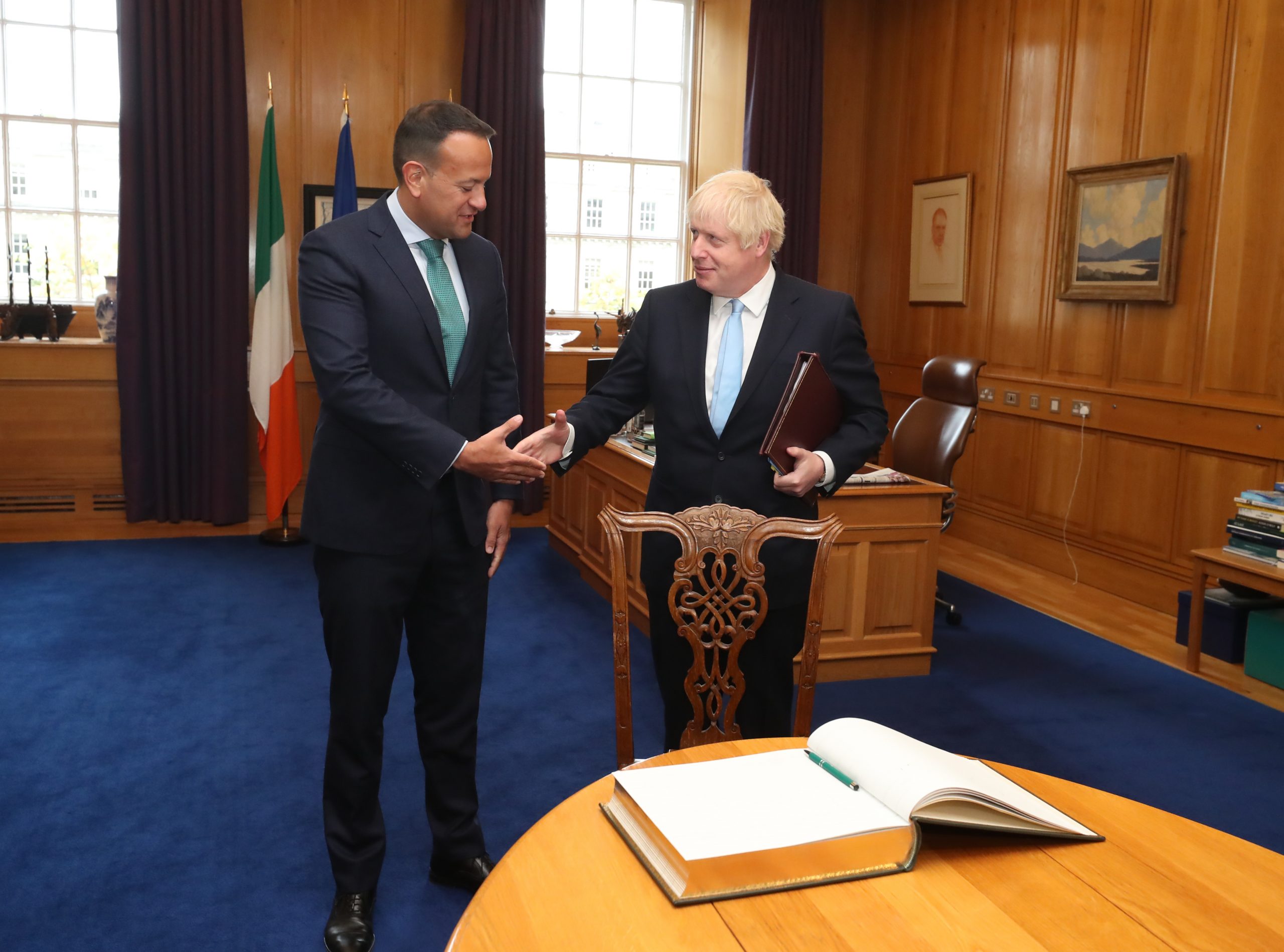
One narrative common in the UK press right now is that Taoiseach Leo Varadkar is, for all his posturing and so-called intransigence over Brexit, struggling back at home In Ireland. He is, so the story goes, beholden to voters unhappy with the government’s record on housing, homelessness and the spending. So, Brexit, too, must feature in Varadkar’s arsenal of failings in the eyes of the electorate.
The polling from Monday night, conducted by Ipsos MRBI, tells quite a different story altogether. Varadkar’s approval rating has surged 15 points, from a poor 36 per cent back in May to 51 per cent this weekend. The country also supports his government’s approach to Brexit. And most think Varadkar’s firm commitment to the backstop is a good thing. Where the UK sees stubborn inflexibility, Ireland sees level headed consistency.
That the Irish electorate and the UK government have different priorities, and view the same political manoeuvres in different ways, is obvious. What is notable, however, is that the British press have again misread the temperature of the room when it comes to Ireland, failing to see one crucial thing: the more the UK government goes on the offensive, the easier they make Varadkar’s life.
The blame game has taken hold. On Tuesday morning Jeremy Hunt told BBC Radio 4 that the EU is locked in a bureaucratic inertia, and that “there won’t be a way to overcome that inertia unless Ireland decides that they want a deal”. He went on to say that recent developments, and the inkling of hope that negotiators might strike a deal, are due to Irish leaders having adjusted their calculations. This is all to say: if there is no deal, on Ireland’s head be it.
But the attempts by UK politicians, aided by the press, to blame Varadkar for a no deal Brexit are misfiring. What is missing from their narrative is an understanding of the type of politician Varadkar is: a Dublin-born Fine Gael Taoiseach, who is more vulnerable to criticisms of being too pro-UK than to anything else. So long as the UK government continues to point the finger at Varadkar, over a delay or a no deal Brexit, it makes his domestic task easier. He’s forced into defending the popular Irish position on an open border, against a UK hostile to him and his government’s approach. The UK does most of the heavy lifting for him. Brexit, then, helps rather than harms his cause.
When looking at polling, it’s better to consider trends rather than individual figures. And the trend Varadkar’s popularity has followed is a simple one: an early boost, followed by slow and seemingly inexorable decline, until the unexpected jump to 51 per cent yesterday.
This recent surge is in no doubt owed to the apparent breakthrough last week. As photos emerged of Varadkar and Johnson wondering the Wirral estate last Thursday, the Taoiseach looked friendly with his UK counterpart. After a long summer of what seemed like a hopeless effort to construct some kind of orderly Brexit, and as threats of a no deal loomed large, all of a sudden there was white smoke, and Varadkar looked central to it.
This is not the first time Brexit has had somewhat of a halo effect. Varadkar enjoyed a surge in popularity back in January 2018, just after the backstop was secured with Theresa May in late December 2017. As the deal fell apart last autumn and the backstop – a British invention, and an EU concession – somehow became symbolic of Irish and EU intransigence, Varadkar’s popularity at home declined too. Brexit stagnated, and the government lost an important distraction, leaving Fine Gael’s so-called domestic failings to be seen in the cold light of day. If the recent proposals and accompanying negotiations come to nothing Varadkar’s popularity could suffer much the same fate as it did the year and a half that followed January 2018.
But, for now at least, every time there’s a breakthrough Varadkar enjoys the spoils. If a deal does emerge from the EU council then Varadkar will come under pressure from his party to seek an early November election – one which he could very well win, not in spite of but because of Brexit.
The miscalculation the UK has made at the heart of all of this is a simple one: the more Varadkar is pilloried as the only obstacle to a deal, the more likely he is to be considered as the architect of one, if it ever arrives.
Finn McRedmond writes for titles including the Irish Times.




